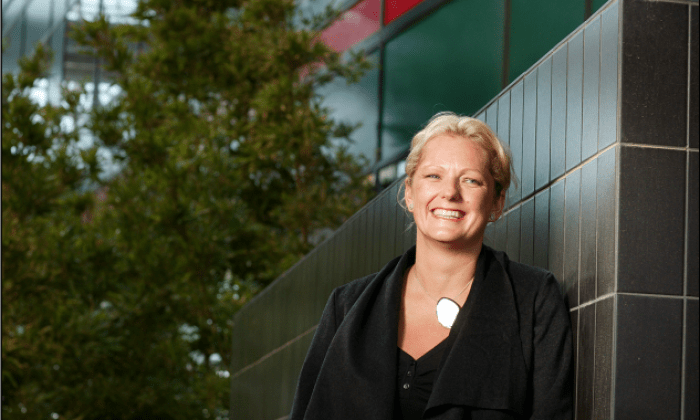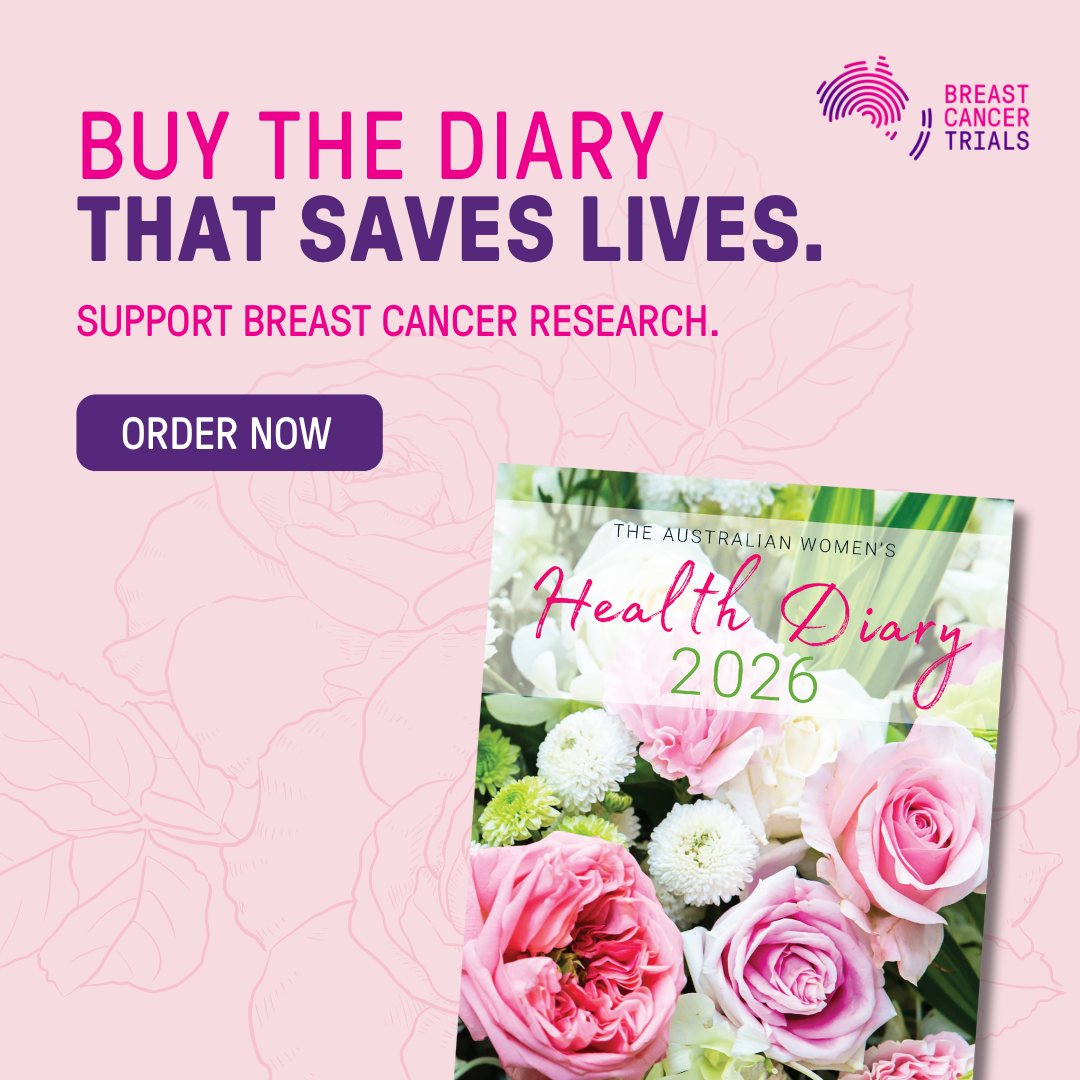Money shapes our lives in dramatic ways, but we’re often reluctant to talk about it. On episode three of the #WomenAreTheBusiness podcast by the University of Melbourne, we hear from two experts about their own experiences with money – the good, the bad and the ugly – and learn why it’s imperative for women to start conversations around money and prioritise their financial independence.
In Australia, 1 in 6 women have experienced physical or sexual violence from a current or former cohabiting partner, and according to Corrine Proske, General Manager of ethical lending platform Speckle, 90 per cent of these women will also experience financial abuse.
Money can be a key controlling mechanism and in an abusive relationship, financial abuse often starts long before physical violence does. It’s something Proske has experienced firsthand, although she didn’t realise it at first.

In the podcast, we hear Proske’s story of experiencing financial abuse at the hands of her former partner, something she never believed would happen to her – after all, she worked in the finance industry.
At first, she didn’t see it and thought all was going well. She knew her partner had financial problems, but she had always considered herself to be a generous person. She now admits she didn’t get it and the situation was worse than she realised.
The wake-up call came at Christmas time, when Corinne noticed her partner had taken money set aside for her childrens’ presents. Luckily, she was in a position were she was able to get herself and her children out, but admits that many women are not as fortunate.
“Financial abuse sits within the definition of family violence and it’s really when someone uses money to control someone else. We tend to assume that it’s people on lower incomes who are most vulnerable to this. This cuts across the entire community,” she says.
Financial abuse covers a broad spectrum of behaviour and can include things like not allowing people to access their bank accounts, taking on debt on someone else’s behalf, forbidding people to work and earn their own income, identity theft and refusing to contribute to things like household expenses.
“This happens to a lot of people and there’s a lot of shame attached to it.”
Professor Carsten Murawski is an economist in the Department of Finance and the Faculty of Business and Economics at the University of Melbourne. He’s also co-director of the brain, mind and markets lab and is someone who knows a thing or two about the choices people make, particularly choices that affect their future, like saving money.
He explains that women are more likely than men to experience poverty, especially in their later years.

Divorce, having children, severe illnesses, single parenting and job losses are some of the major money stressors that affect women every day. While the gender pay gap, lower superannuation balances and financial illiteracy are all disadvantages that tend to accumulate and manifest later in a woman’s life.
As many of us are aware, women are more likely than men to spend time out of the workforce, caring for children and possibly others. During these years, they are often unable to contribute to their superannuation, and when they do return to the paid workforce, it’s often in a part-time capacity.
“The fact that women leave the workforce when they have children also means that even if they go back to work full-time, that their career often progresses more slowly than the careers of men with equal qualifications, and so on,” Murawksi says.
“What that means is that women have less opportunity to accumulate wealth, if you like, through superannuation, which is then reflected in the lower balances at the time they retire.”
Data from the HILDA Survey of Australian Household tracked the gap in financial literacy between men and women by asking five basic finance questions. In 2018, it found that half of Australian men could answer all the questions, while only 35 per cent of women could.
What’s frightening, is that people with low financial literacy are twice as likely to experience poverty and this is a reality that many women are facing in Australia.
So, by now it’s clear the gender pay gap can set women up for a lifetime of financial disadvantage, making women more vulnerable to poverty and also financial abuse.
So what can women do?
Corrine Proske thinks all women should have a ‘fuck off fund’ and it’s something she swears by personally. The idea is to have a significant amount of money that is there for you as a buffer when things don’t pan out the way that you think they’re going to.
Whether that be a sudden job loss, dealing with an abusive boss or feeling like you need to escape a relationship that’s not working.
“It’s not about being negative on anything, but it’s giving you the choice and to choose to stay in something is really important.”
There’s also lots of things women can do to open up their own conversations around money.
Proske says there are different Facebook groups you can join, where women from all across Australia connect and have open, judgement-free conversations about their finances.
“There’s one I’ve joined of mums who like to budget, and it’s this great collective of women who talk about their saving tips, who post photos of how they’ve saved money on groceries this week, where to buy all those kinds of things.”
But, according to Murawksi, it shouldn’t all have to come down to women.
He says we should ask what men can do, as they are often the ones to make decisions about who to hire and about how much to pay their employees in organisations. Also, it’s men who decide to do less unpaid labour at home than their female partners.
“I think it’s very important that we recognize this as a problem not just for women but for society as a whole, including men, and for men to step up to the plate and do their share of the problem solving here.”
We’ll be featuring stories on all eight episodes of this podcast here on Women’s Agenda, thanks to our partnership with the Faculty of Business and Economics at The University of Melbourne.
Subscribe to the series on Spotify or Apple Podcasts.
Click here to see the full: #WomenAreTheBusiness series



